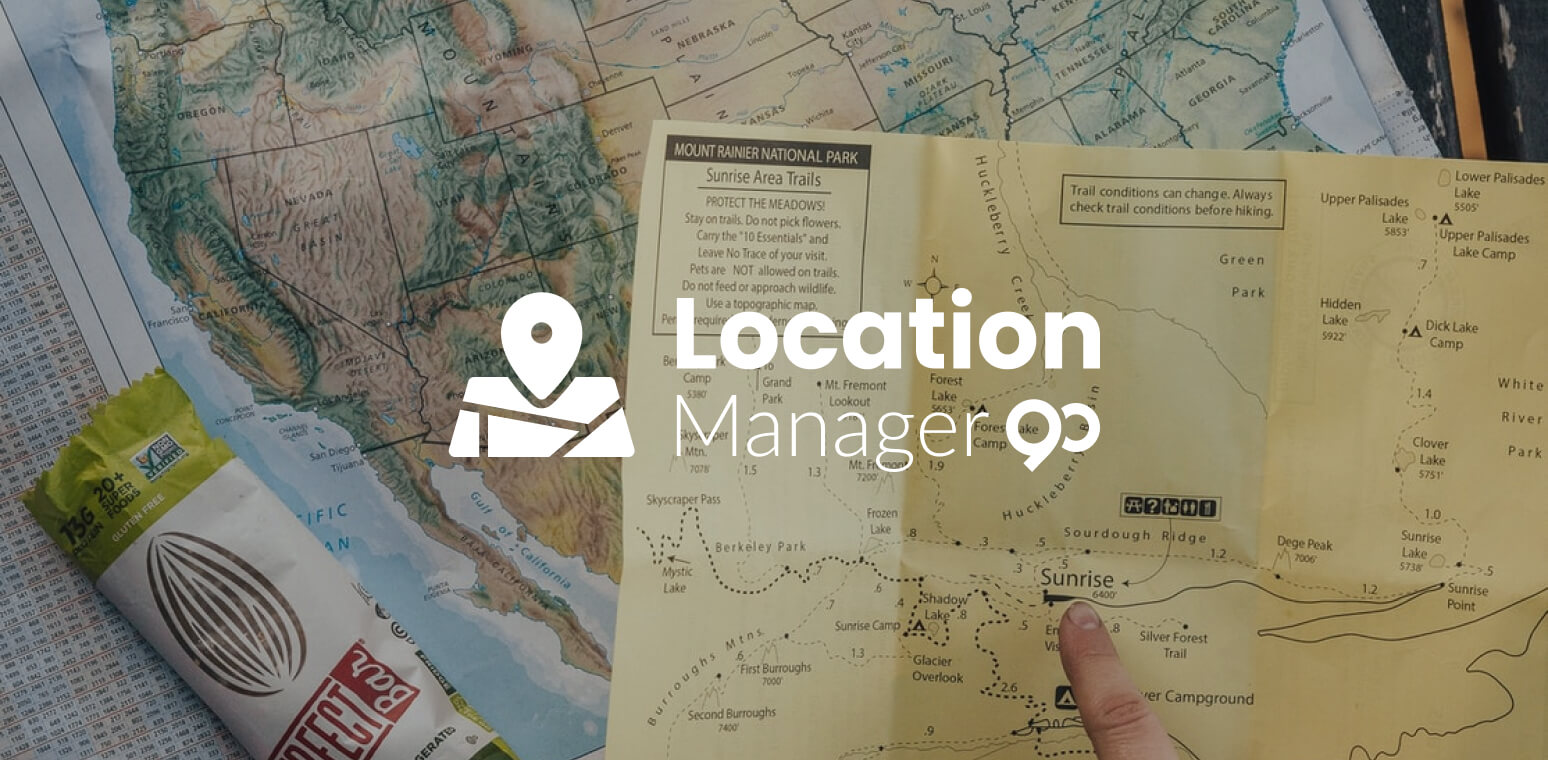Hi,
Get in touch with us today to chat about your next project.

A location manager’s task is to find the location that visually contains the producer’s vision. They work closely with the producer, director and the production design department.
The work begins with a meeting to understand the production scope to identify potential locations. Besides, they have to consider the work schedules and budgets. The cost of getting the crew to the location is part of the package.
Additional considerations include vehicle access, noise levels and surrounding conditions. Don’t forget the legal permissions to enter historical or protected property sites.
The location also needs to be safe; whether diving off high cliffs or spending the afternoon on safari. The indoor locations need to accommodate the equipment, the production crew and cast members. Once the location is found, a storyboard is created for the production office to review.
The location manager is responsible for picturing the environment for production. In some cases, location managers help the director take the viewers back in time.
Other situations they leap forward into the future. All of this is done with the right location. It’s not unusual for the location manager to negotiate the proposed production with the location’s proprietors.
The process also involves logistics for parking and daily access to the site. Once the location agreements have been accepted, legal draws up the contract.
Now it’s time to get the location ready for the production team’s arrival. The location manager is in charge of the preparations before production begins. The preparations include booking hotels, hiring trailers, arranging on-site catering, and leasing equipment.
The tasks include providing accurate directions to the site to make sure everyone arrives on time. It’s also necessary to make sure the site complies with health and safety regulations. Most locations are beyond metropolitan city boundaries, but not always. The location must be returned in the same condition prior to production.
Large productions have larger budgets, so location managers often have assistance in scheduling technical requirements, electricity and Wi-Fi.
The assistant may contact the local government to ensure privacy from the surrounding population. Preventing interruptions from the outside during production is critical to creating the vision.
Maintaining and production equipment is mandated by the insurance company. When production begins, location managers are still working.
Part of the daily routine for them is keeping the production services in working order. It happens with the help of assistants and staff. Location managers are the first to arrive on site and the last to leave each day.